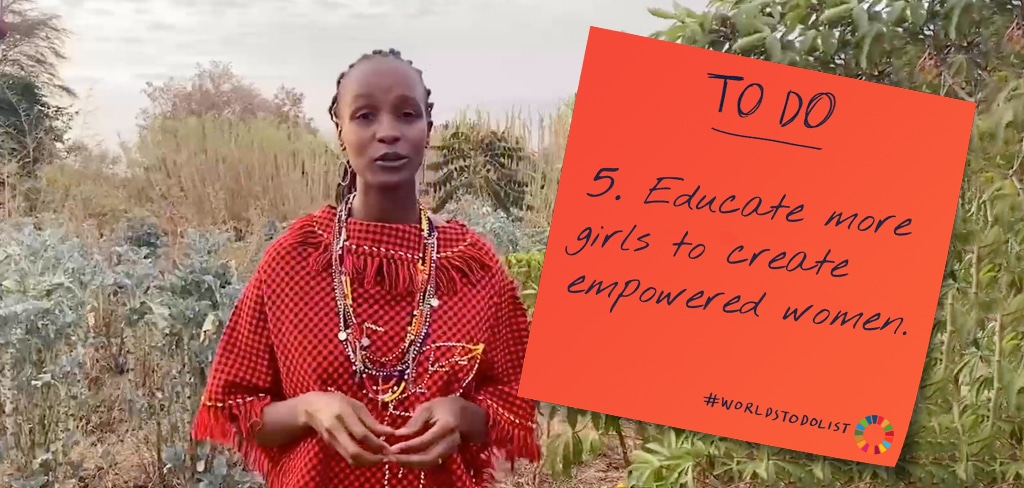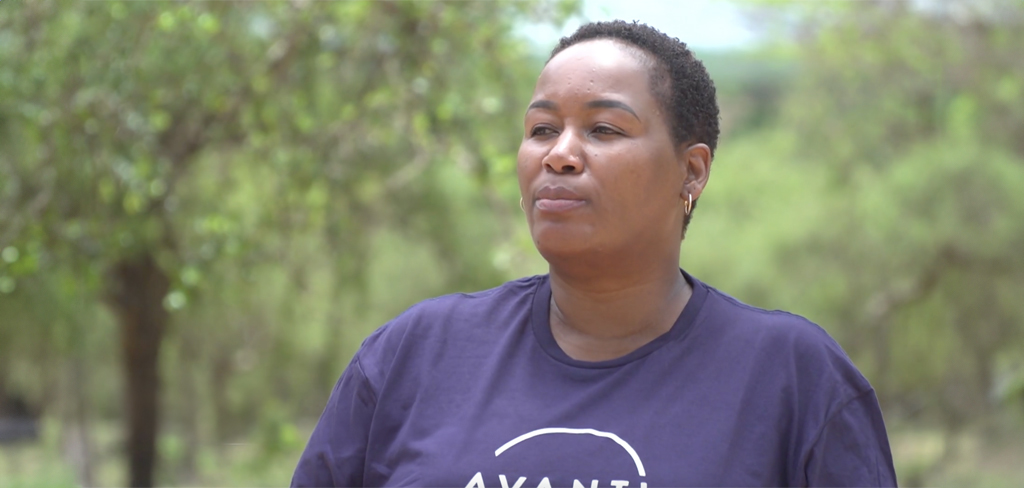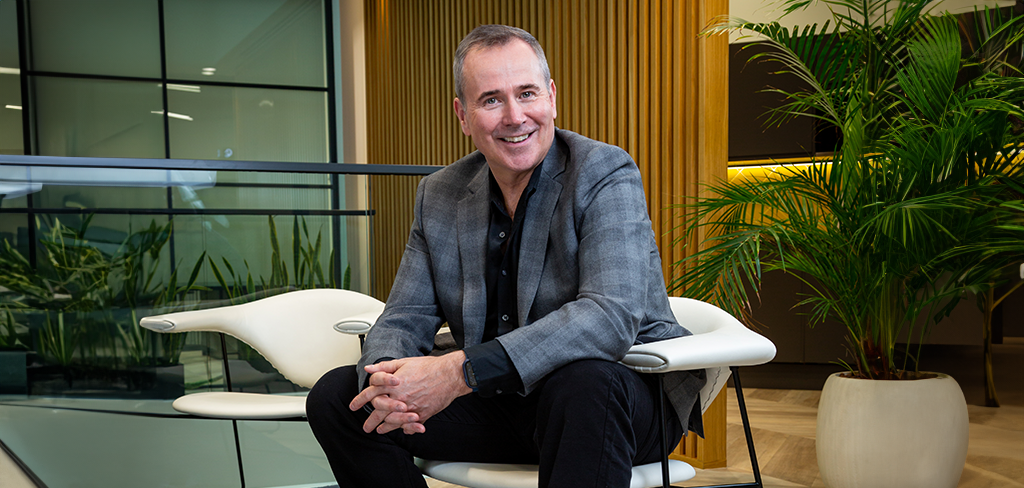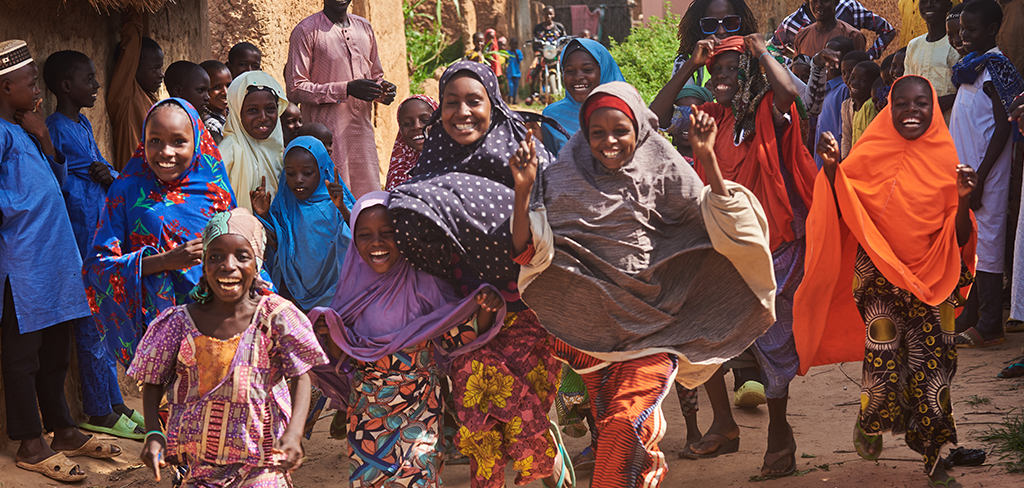Girls face many obstacles in the struggle for access to quality education, including early pregnancies, increased exposure to gender-based violence and early childhood marriages, resulting in a significant number of girls not even finishing Primary School. It has been said that girls are four times more likely to be out of school than boys from the same background.
These challenges then further disadvantage girls from accessing the job market since they lack employable skills and experience to match job market demands.
In the words of Malcom X, education is the passport to the future, for tomorrow belongs to those who prepare for it today. Education remains the most effective tool that developing nations need to change the world. In order to combat early pregnancies, gender-based violence, female genital mutilation, early marriages amongst other gender concerns, we believe the solution squarely lies with education.
It is widely acknowledged that educated girls can make better informed choices from a better range of options: we believe educating girls saves lives and builds stronger families, communities and economies. Several studies have shown that educating girls results in: (i) increased economic benefits from women entering the job market, (ii) better maternal knowledge leading to fewer child deaths, (iii) smaller and more sustainable families, (iv) reduced HIV/AIDS and malaria rates, (v) fewer child marriages, (vi) increased school attendance for children and, (vi) increased women empowerment.
A gender expert in Kenya has indicated that in her numerous interactions with parents in marginalised communities discussing the importance of educating girls and the need to address barriers to girls’ education has helped parents appreciate the importance of taking girls to school. Involving parents in ways of helping children in school and informing them about the content of the curriculum has shown a positive correlation with the benefits from child education.
Findings from Avanti’s iMlango project has revealed that a self-reported high level of aspiration to transition to secondary school, particularly when the child has parental support.
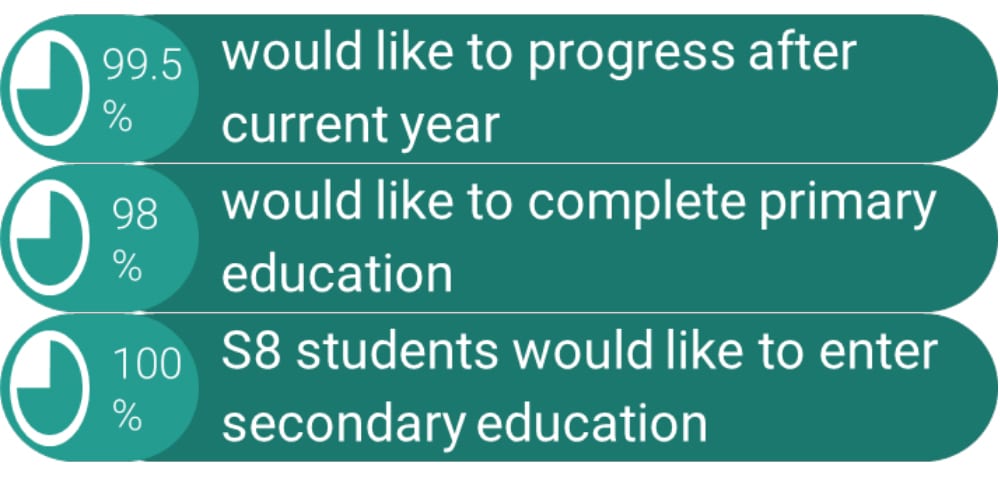
However, despite all the positive benefits from educating girls, girls in marginalised communities continue to lag behind. The Covid-19 pandemic has even worsened the situation for them disrupting the gains and progress made by respective governments in the education sector. While the pandemic affected all learners globally, school closures exacerbated already existing inequalities for marginalised learners and came with a host of unintended consequences for vulnerable girls. This is especially the case for girls in rural, marginalised communities. Developing nations now need to invest in educating women and girls from marginalised communities and put in place protections for vulnerable girls and ensure that they have access to life-saving education in order to achieve Global Goal 4 and Global Goal 5.
